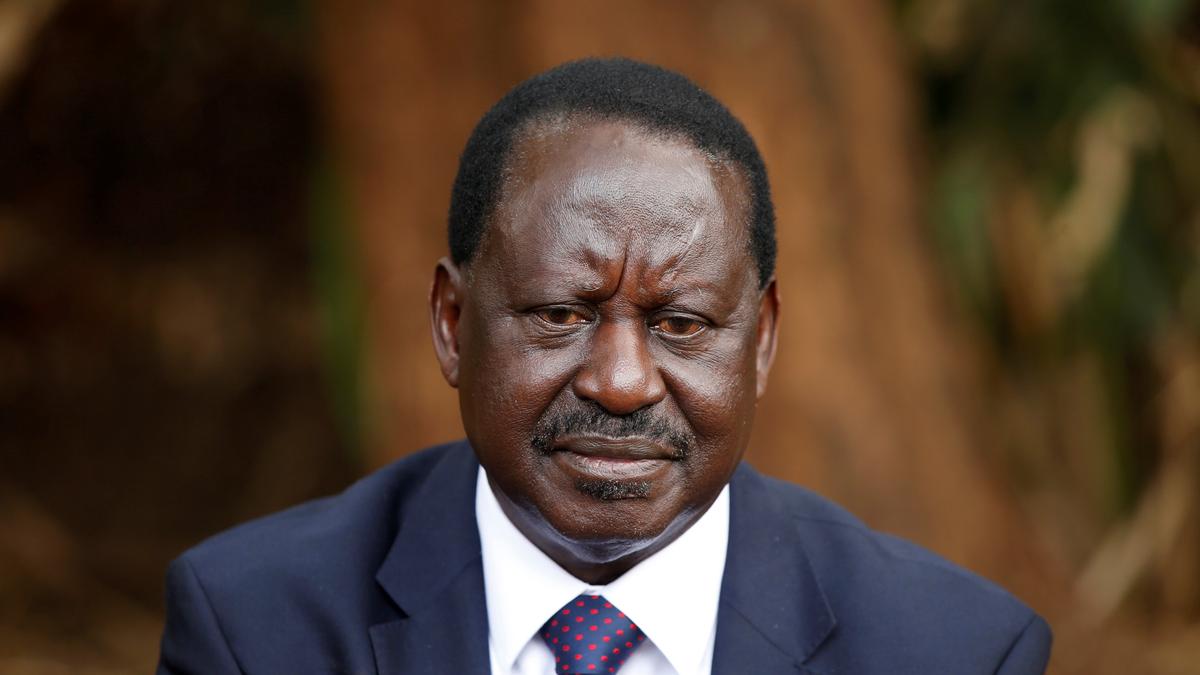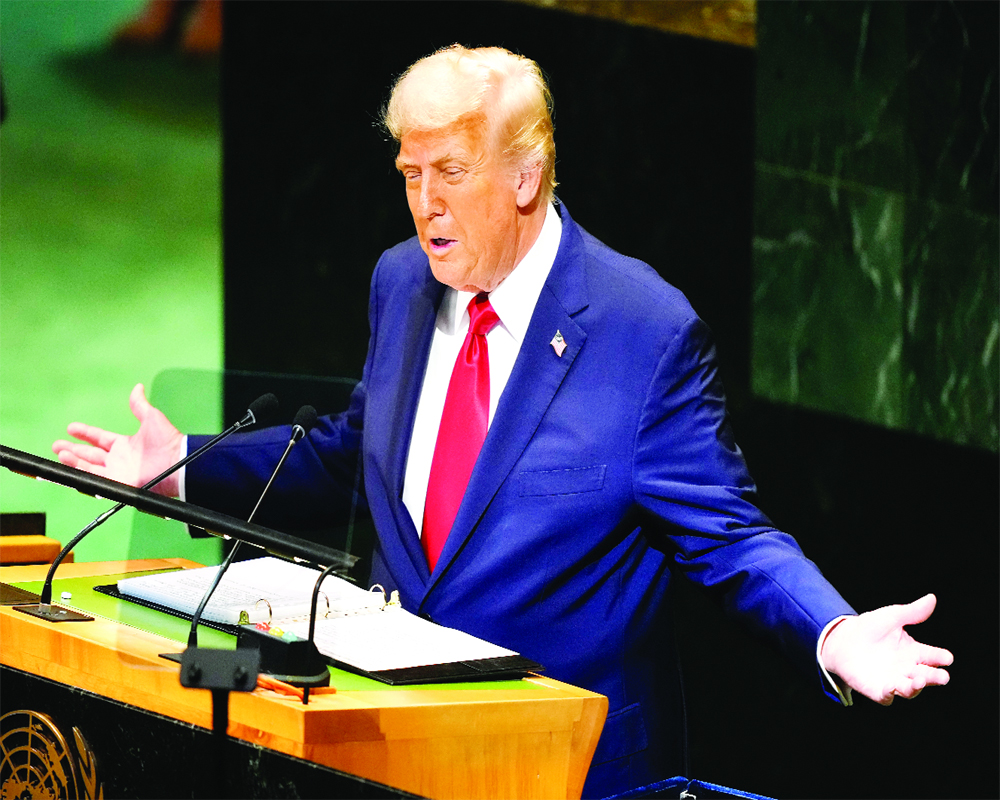The Waqf (Amendment) Bill sailed through the Rajya Sabha just a day after clearing the Lok Sabha, concluding with a 128–95 vote after an intense and lengthy debate. The bill's passage revealed internal fractures within the Opposition, especially after the Biju Janata Dal allowed a conscience vote for its seven MPs, reflecting varied sentiments within minority communities.
Minority Affairs Minister Kiren Rijiju, defending the bill, reiterated that the legislation is focused on property management, not religion. He clarified that non-Muslims will not interfere in religious affairs, and the inclusion of two non-Muslim members on Waqf Boards is only for transparency and accountability.
The bill mandates that only practicing Muslims—defined as those following Islam for at least five years—can donate property to Waqf. It also requires proof of ownership before land is designated as Waqf, overturning previous practices that enabled automatic designation based on claims.
Union Minister Amit Shah backed the bill with examples of disputed Waqf properties, including a temple in Tamil Nadu and parts of Delhi’s Lutyens zone. Congress MPs countered these claims, citing historical context and arguing the properties were legitimately handed to Waqf by colonial authorities.
Opposition leaders, including Mallikarjun Kharge and Imtiaz Jaleel, criticized the inclusion of non-Muslims in religious boards, calling it discriminatory. “If non-Muslims are added to Waqf Boards, will Muslims be added to Hindu or Sikh religious trusts?” Jaleel asked.
The bill also gives final decision-making power in property disputes to senior government officers, replacing Waqf tribunals. Critics fear this shifts control away from the community and could invite political misuse.
With both houses passing the bill, it now awaits Presidential assent to become law. However, legal challenges and public protests are likely to follow








 OpinionExpress.In
OpinionExpress.In















Comments (0)